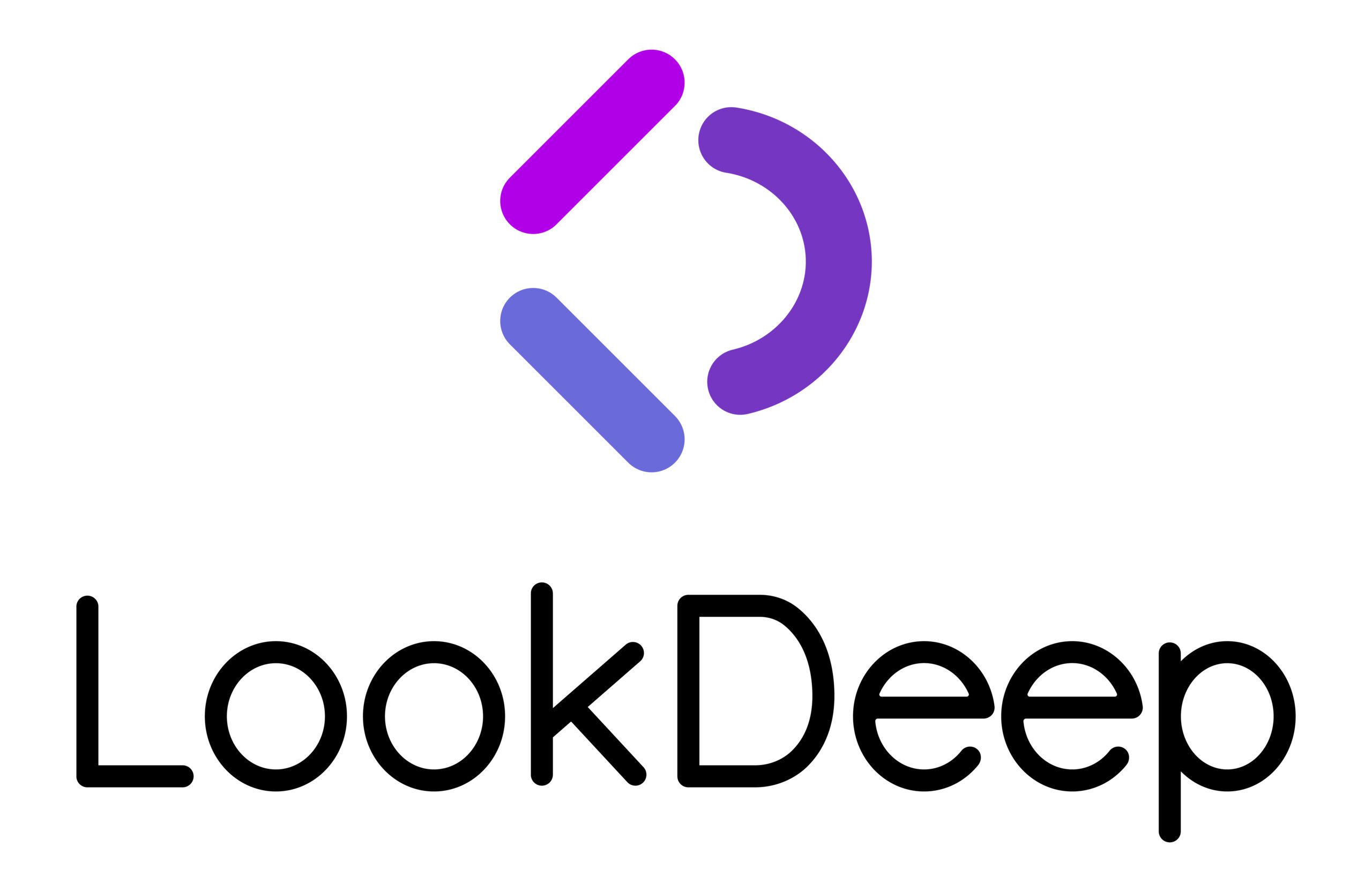The Transformative Role of AI in Patient Care
Narinder Singh highlights the transformative potential of artificial intelligence (AI) in healthcare, drawing from his personal experience with his mother’s battle against interstitial lung disease. While AI can enhance clinical decision-making, he argues its true value lies in expanding clinical attention and monitoring. During his mother’s critical hospital stay, Singh wished for healthcare professionals to have real-time insights into her condition, which could have improved her care. By leveraging AI to enhance awareness and responsiveness, hospitals can better utilize expert knowledge, leading to improved patient outcomes and a more compassionate care environment. The shift toward smarter hospitals focuses on AI as a tool for deeper patient engagement and better care.
Listen to Narinder Singh shared his personal connection to the potential of AI in enhancing patient care during his conversation with Eric Yablonka.
Video Transcript
Narinder Singh:
I think one of the things is AI provides something new. There’s this opportunity to redefine care through AI that senses and observes. And my mom’s story, when I first was getting into healthcare, my mom had interstitial lung disease. We went into the hospital for a biopsy. She developed a RDS and crashed. And I remember distinctly the doctor saying, she’s not leaving here. She has only one path forward. She has to replace the lungs that are failing her body. And so it became this 12 week odyssey where we had to qualify for a lung transplant where we had to wait for a lung and try to stay stable. She had to have things like ECMO to give her more time, had a successful transplant, multiple infections after that. And the thing that struck me was I wasn’t longing for man. I wish my nurses and doctors would make better decisions with ai.
I was longing for presence. I wanted them to know when the trach slipped out of her collar and she couldn’t breathe or that she had been restless all night or that she’d been lethargic all day. I wanted them to have that information so they could make the best decisions. I trusted the decision making. I didn’t trust the information or access because the doctors were able to observe for a couple minutes a day. The nurses are in there one or two or three hours out of 12. And so this notion of AI as a decision maker versus ai, just as a way for us to expand the clinical attention, the scarcest resource we have in the hospital to me is the real opportunity of ai. And when we think about how do we make hospitals smart, I think about the AI that lets us be everywhere and then take the best advantage of the experts we have the care we have already today. As you think through this and think about smart hospitals, you’ve connected and wired a lot of things. How do you think this journey evolves and where do you see both the opportunities and gaps in how people are looking at this?

